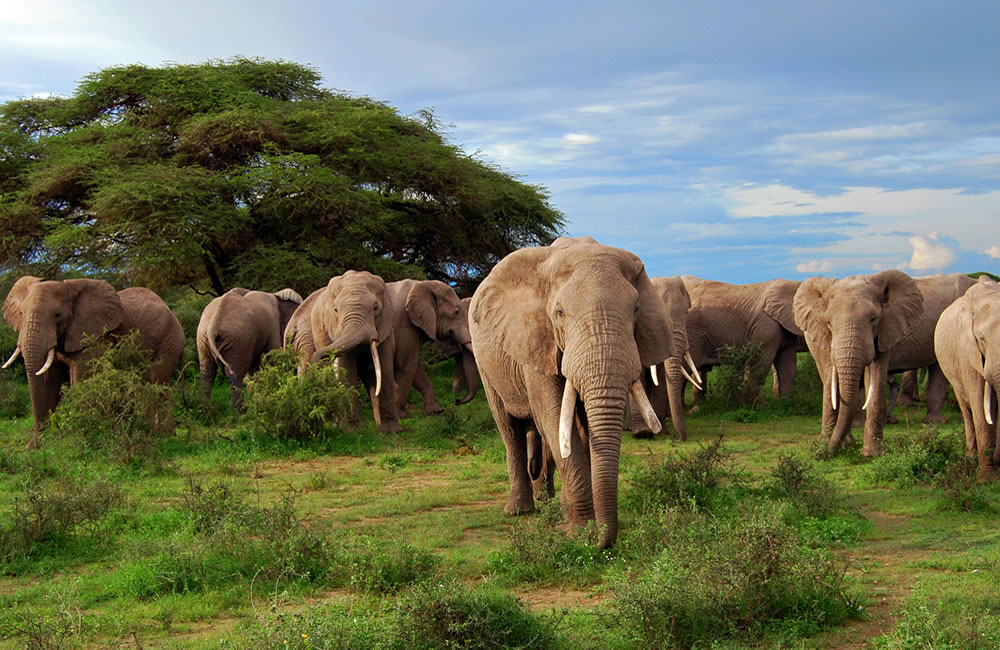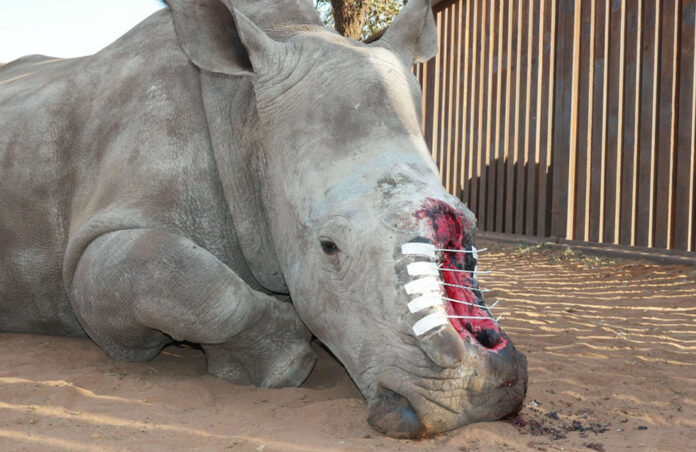On Saturday, September 10th world government and NGO representatives voted at the International Union for Conservation of Nature (IUCN) World Conservation Congress in Hawaii urging governments to close down their domestic ivory markets.
Domestic ivory sales in most countries are legal. Many experts believe that domestic ivory markets help fuel poaching by stimulating demand and allowing traffickers a cover for their illegal imports and exports.
A recent survey by Paul G. Allen’s Great Elephant Census (GEC) earlier this month revealed that in just seven years there has been a 30% decline of Africa’s elephant populations due to the enormous demand for ivory.
In response, the IUCN, which has 1,300 members from more than 160 countries, voted in favour of closing domestic markets by an overwhelming majority of 91%.
This was in spite of fierce resistance from South Africa, Namibia and Japan – the latter with a thriving domestic ivory market of its own – who threatened to walk out of the debate and resign from the IUCN in protest.
The three countries then sought to soften the language of the motion by insisting on no less than 20 different amendments. All were rejected.
“This is a huge boost for elephants,” says Rosalind Reeve, senior advisor to the David Shepherd Wildlife Foundation, which has been actively campaigning for the closure of domestic ivory markets.
But although the motion urges countries with domestic ivory markets to take all necessary legislative and regulatory efforts to close them, it is, however, non-binding meaning that governments can opt to ignore it.
“The real decisions to protect elephants,” says Vera Weber, President and CEO of Fondation Franz Weber “will take place at the CITES conference in South Africa later this month. We hope the IUCN vote will motivate delegates at the CITES conference to adopt resolutions submitted by the majority of African governments”.
Twenty-nine African nations known as the African Elephant Coalition have submitted a suite of five complementary proposals that, among others, calls for a complete closure of domestic ivory markets.
“If these proposals are adopted by CITES,” says Weber, “it will comprehensively prohibit commercial sales of ivory for good, and hopefully halt the catastrophic decline of elephants.”



